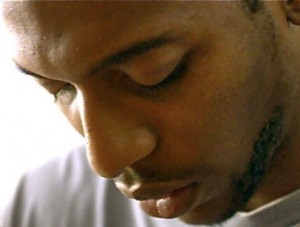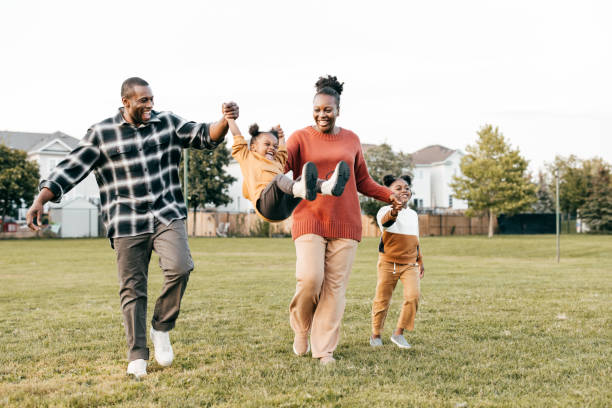(ThyBlackMan.com) Is a friend or loved one addicted to heroin, prescription opioids, cocaine/crack, or meth? Tragically, while in a way also reassuringly, they aren’t alone. Roughly 9.4% of the American population – as many people as were unemployed during the height of the Great Recession – have used an illicit drug within the last month. Not every one of these people is an “addict” but even accounting for half of this being “recreational” and non-habitual, that still leaves about 12 million men and women with serious drug problems in the United States alone.
Ever since heroin and prescription opioid use started to spike in American suburbs, the media has been putting drug addiction front and center. Meanwhile black America has, for years, battled with high rates of drug use without the assistance of the public spotlight. That is unless you count the disproportionate level of criminal justice applied to African-Americans over drug-related offenses.
The result is a self-taught approach to helping friends and loved ones fight drug addiction and get the treatment they need.
Talk – It all starts with honest conversations without an agenda. Talk about everything BUT the addiction. Build a comfortable bond. Typically these chats will speak volumes about the problem without ever addressing it directly. Priorities, problem solving, speech  pattern, it all says something if you pay attention and all these things are revealed through conversation. Ask questions without prying. Take it nice and slow at the beginning.
pattern, it all says something if you pay attention and all these things are revealed through conversation. Ask questions without prying. Take it nice and slow at the beginning.
Listen – Be on the lookout for signs and cues about the degree of addiction. Pay attention to get a grasp on how aware they are about their own problem. These factors are important for deciding how to provide advice and recommend treatment options. Someone who clearly has no clue they are suffering from a life-threatening problem has to be helped differently than someone who knows they have a problem but doesn’t know how to change.
Lay it out – When it’s time to talk about options for how to end the addiction it’s critical to cut to the chase. Recommend a therapeutic drug rehab program without preaching about it too much. Simple, straightforward explanations are key – otherwise, it goes in one ear and out the other. We all know from experience that being told “what to do” usually leads to us doing the opposite. Humans hate to feel like they don’t have control. Provide the tools but allow the friend or loved one to make the decision on their own whether to change.
Encourage by doing – Drugs are a solution to stress in many cases. Help an addicted friend or loved one see that the worries of life can be handled without resorting to drugs. Things like daily exercise and meditation are shown to reduce stress but we tend to refuse to believe it unless we see it with our own eyes. Be the proof that life is manageable with healthy habits, not destructive ones.
Avoid enabling – Acknowledging a loved one has a life-threatening relationship with drugs means drawing a line in the sand. Using under your roof must be strictly prohibited. Drinking or other seemingly “harmless” substance alternatives ought to not be engaged in either, as these serve to be a gateway back to relapse in many cases.
Drug addiction is a problem which folks in the black community unfortunately know all too well. Now that white America is undergoing a drug abuse crisis there is less social stigma attached to addiction. As infuriatingly discriminatory as this double standard may be, African-Americans suffering from drug addiction ought to seize the moment to get help. However, this almost always requires a friend or loved one to step up and bridge the gap. That bridge to life may be you.
Staff Writer; Harry Carter

















Leave a Reply